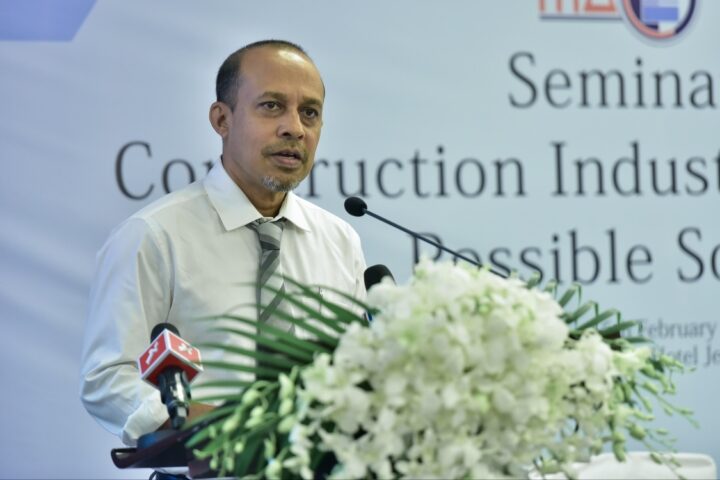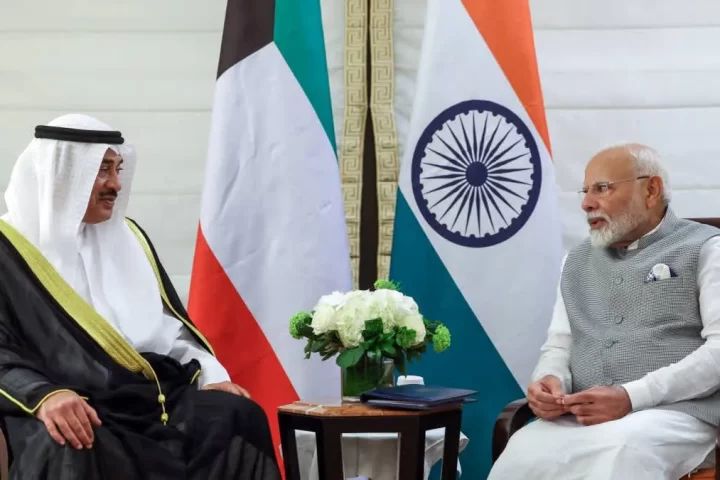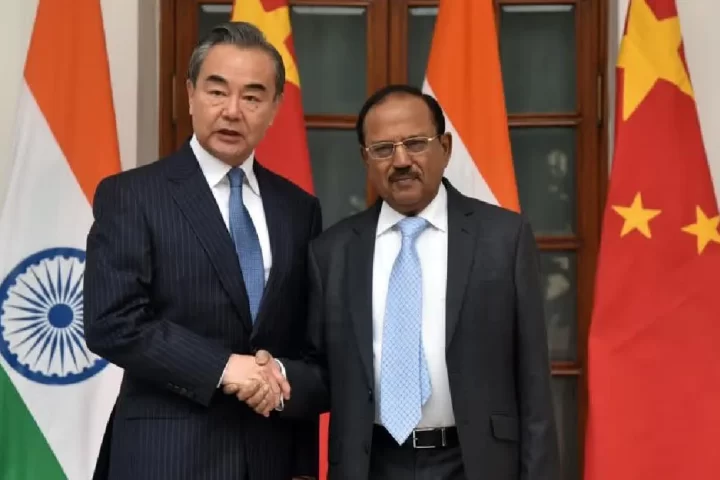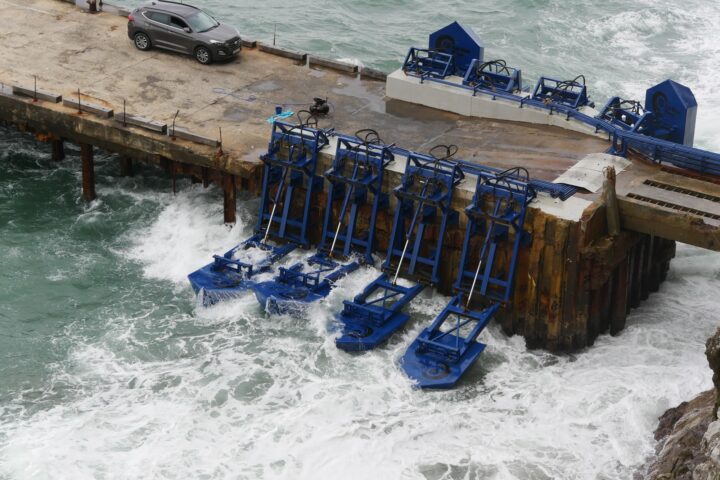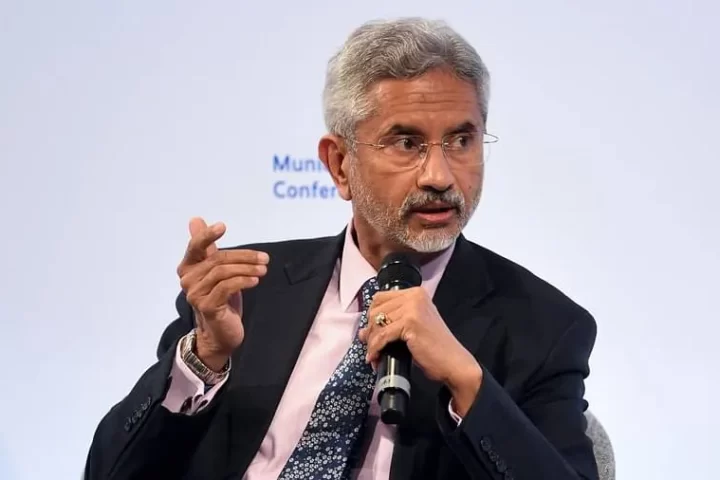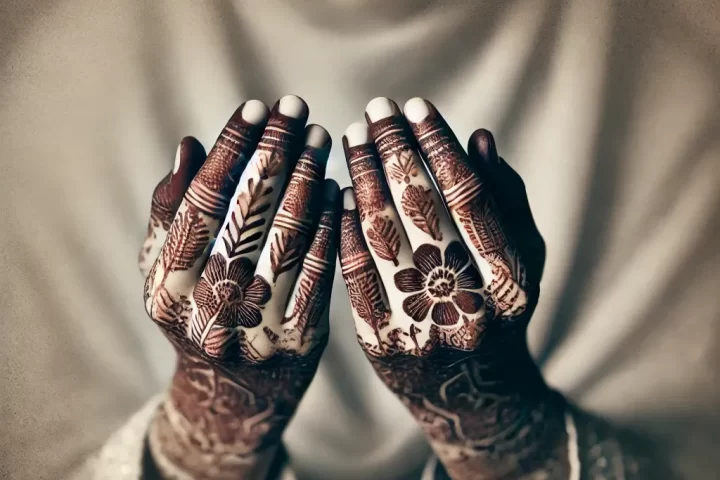Malé, Maldives — Maldivian officials and independent investigators have dismissed claims of a $750 million loan default as baseless, accusing the report of being part of a deliberate disinformation campaign aimed at tarnishing the nation’s international reputation.
The allegations, first published by a Sri Lankan online outlet, alleged that Maldivian businesses defaulted on a significant loan and that 56,000 Maldivians were living illegally in Sri Lanka. Government sources have labeled these claims as “pure fiction” and suggested they are part of an effort to create discord between the two nations.
“This is not just inaccurate reporting; it’s a deliberate misinformation campaign,” said a senior Maldivian diplomatic official, speaking on condition of anonymity due to the sensitivity of the issue. “The claims are entirely manufactured and aim to strain the historically warm ties between the Maldives and Sri Lanka.”
Independent investigations and government sources have found no evidence to support the report’s claims. Officials from the Ministry of Finance confirmed there is no record of a $750 million loan from Sri Lanka’s state bank.
“Not a single document supports these allegations,” said an official familiar with the Treasury’s operations, requesting anonymity due to protocol.
The administration of President Dr. Mohamed Muizzu has consistently highlighted the strength of Malé-Colombo relations, built on mutual respect and cooperation.
“Our bilateral ties remain robust, and we value our partnership with Sri Lanka,” said a spokesperson, emphasizing that such reports do not reflect the reality of their relationship.
The assertion that 56,000 Maldivians live illegally in Sri Lanka has also been dismissed as implausible. With a total population of approximately 521,000, such a claim would suggest that over 10% of the Maldivian population resides unlawfully in Sri Lanka.
“These figures are not only baseless but also mathematically flawed,” said a senior official.
Local Maldivian residents echoed frustrations with the narrative. “These fabricated stories hurt our national image and our standing in the region,” said Ahmed, a businessman in Malé. A Sri Lankan resident married to a Maldivian national added, “Our communities are interconnected, and such false stories only sow unnecessary divisions.”
Diplomatic analysts suggest the fabricated report may be part of a broader disinformation strategy aimed at destabilizing regional alliances.
“Such narratives are calculated attempts to create friction where none exists,” said a regional diplomatic analyst.
Cultural and familial ties between the Maldives and Sri Lanka run deep, with thousands of intermarriages fostering cross-cultural families that defy divisive narratives. “A legal issue involving one individual should never become a catalyst for national conflict,” said a diplomatic source familiar with bilateral relations. “These are complex human stories, not mere bureaucratic transactions.”
Officials have hinted that the individual involved may be the source of the fabrications, complicating the issue with personal motives. Experts emphasize that individual legal matters should be resolved through appropriate channels, without jeopardizing the broader, nuanced relationship between the two nations.
Officials are reportedly exploring legal options against the outlet that circulated the false report. Media watchdog have also been alerted to scrutinize the report’s source and motivations.
“This is a reminder of the importance of responsible journalism,” said a media ethics expert. “In today’s digital age, unchecked misinformation can escalate into real-world diplomatic challenges.”
As the Maldives confronts these allegations, officials have reaffirmed their commitment to transparency and constructive engagement.
“We invite open dialogue with international media and diplomatic partners to address such claims,” said a senior official. “The truth will always prevail over manufactured narratives.”
Reporting from Malé, with additional reporting from Colombo.

